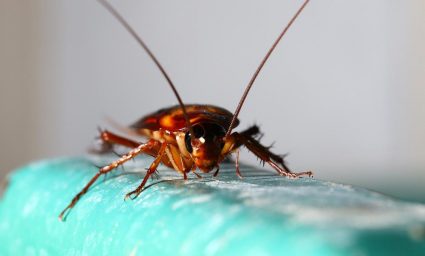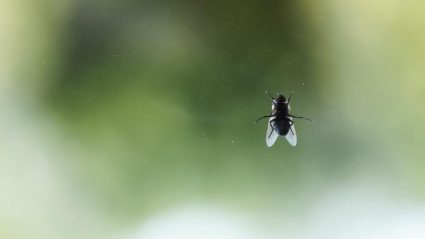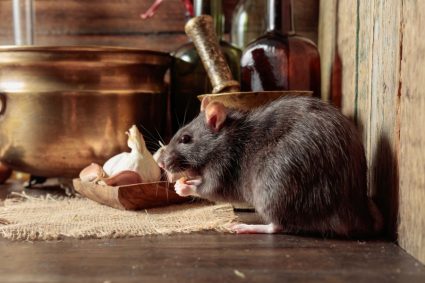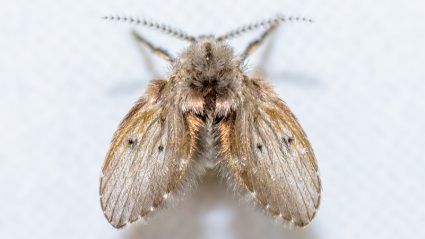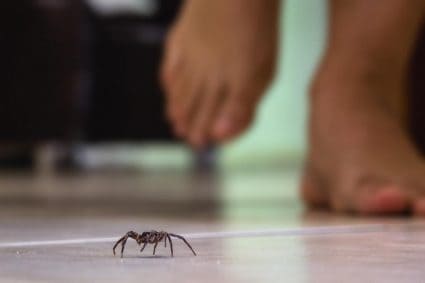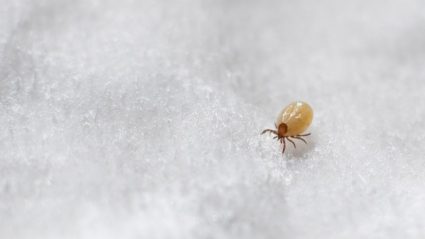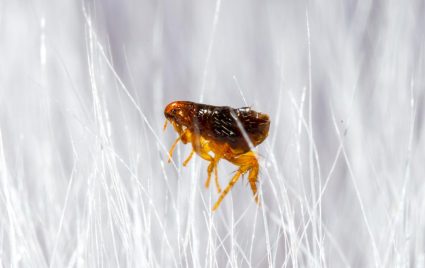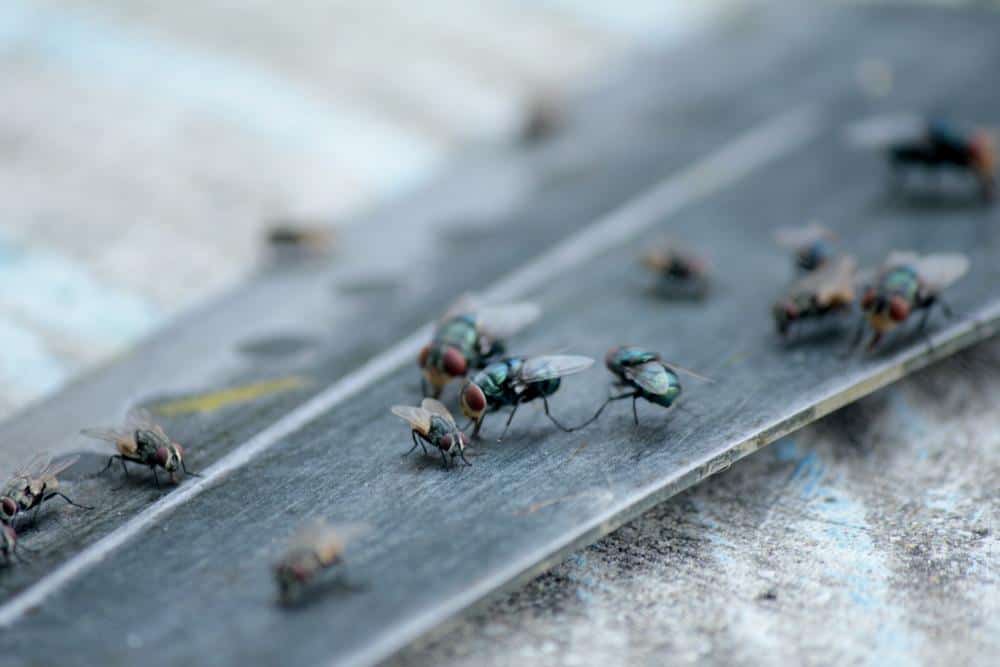
Flying insects are a common nuisance in homes and gardens. They can contaminate food, spread diseases, and generally cause discomfort. This article will cover the most common types of flying insects, effective natural methods to repel them, commercial products available, health concerns associated with these products, and preventative measures for indoor and outdoor spaces. We’ll also debunk some popular misconceptions about repelling flying insects.
To repel flying insects, you can use natural methods such as essential oils like citronella, lavender, and lemongrass, grow insect-repelling plants like basil and mint, or create homemade traps using honey or vinegar. Commercial products like insect repellent sprays, bug zappers, and plant-based repellents are also effective. It’s important to also implement preventative measures like maintaining cleanliness, eliminating water sources, and sealing entry points. Always be aware of potential health risks associated with commercial products.
Common Types of Flying Insects
The most common types of flying insects that people generally want to repel include house flies, mosquitoes, fruit flies, gnats, whiteflies, moths, and beetles. These insects are considered pests because of their ability to spread diseases, contaminate food, and cause discomfort.
Natural Methods to Repel Flying Insects
There are several natural methods that can be effective in repelling flying insects. These include using essential oils like citronella, lavender, eucalyptus, lemongrass, peppermint, rosemary, and thyme. These oils can be used in a spray or placed around your home on cotton balls.
Another natural method is growing insect-repellent plants such as basil, lavender, lemongrass, mint, rosemary, and marigolds. These plants naturally repel insects and can be planted in your garden or kept in pots around your home.
Homemade traps are another effective method. For example, a honey trap can be made by mixing honey with water in a tall jar. The honey attracts the insects, and the tall sides of the jar prevent them from escaping. Another option is to make a vinegar and dish soap trap, which is effective for catching fruit flies and house flies.
Commercial Products for Repelling Flying Insects
There are various commercial products available for repelling flying insects. These include insect repellent sprays, insecticides, baits, bug zappers, foggers, and plant-based repellents. The effectiveness of these products can vary depending on factors such as the active ingredients, concentration, and application method.
Health Concerns with Commercial Products
While the risks associated with commercial products for repelling flying insects are generally low when used as directed, there are some health concerns. The U.S. Environmental Protection Agency (EPA) has concluded that insect repellents containing DEET are safe for the general population, including children, when used as directed. However, there are some potential health risks associated with overexposure to DEET and other insect repellent ingredients.
Preventative Measures for Indoor and Outdoor Spaces
To minimize the presence of flying insects in indoor and outdoor spaces, implement measures such as maintaining cleanliness, eliminating water sources, sealing entry points, using citronella, growing pest-repelling plants, and using fans in outdoor areas.
Misconceptions about Repelling Flying Insects
There are several misconceptions about repelling flying insects, particularly mosquitoes. These include the belief that insect-repelling plants work simply by being planted in the yard, that citronella candles protect against mosquitoes, and that eating certain foods can repel mosquitoes.
In conclusion, successfully repelling flying insects requires a combination of natural methods, commercial products, and preventative measures. It’s also important to be aware of the health concerns associated with commercial products and to debunk any misconceptions about repelling flying insects. By following the information in this article, you can create a more comfortable and insect-free environment in your home and garden.
Frequently Asked Questions
How often should I reapply essential oils to keep insects away?
Essential oils can evaporate quickly, especially when it’s warm. It’s recommended to reapply the oils every 1-2 hours for the best results.
Are there any specific plants that repel mosquitoes?
Yes, there are several plants that are known to repel mosquitoes. These include citronella, lemongrass, marigolds, and basil.
Can I use any kind of vinegar for the vinegar and dish soap trap?
While any kind of vinegar will work, apple cider vinegar is most effective for trapping fruit flies because of its sweet smell.
Are there any risks associated with using bug zappers?
Bug zappers can pose a risk if they are not used properly. They should be hung at least 6-10 feet off the ground and at least 25 feet away from human activity to avoid accidental contact. Additionally, they can be harmful to beneficial insects and can spread bacteria and viruses if they explode insects on impact.
What are some examples of foods that people believe can repel mosquitoes?
Some people believe that eating garlic, bananas, or taking vitamin B1 can repel mosquitoes. However, there is no scientific evidence to support these claims.

